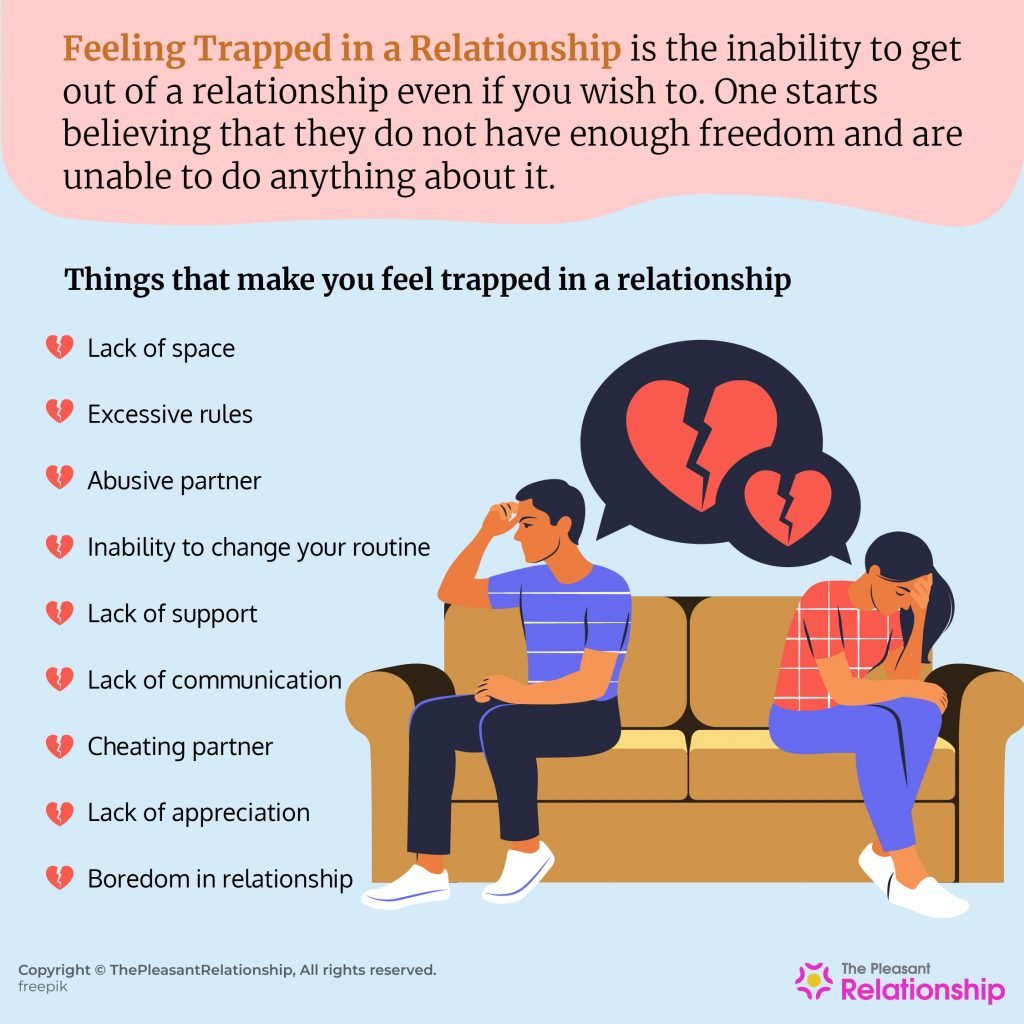Why Some Relationships Feel Like Emotional Prisons
Why Some Relationships Feel Like Emotional Prisons

Have you ever felt like your relationship, which once brought you joy and freedom, now feels more like a cage? You're not alone. Many people find themselves trapped in emotional prisons of their own making—or created by their partners. Understanding why relationships can feel confining and suffocating is the first step toward breaking free and reclaiming your emotional wellbeing.
Understanding the Emotional Prison Phenomenon
An emotional prison in a relationship isn't always about physical restrictions. It's a psychological state where you feel trapped, powerless, and unable to express your true self. This confinement can stem from manipulation, control, fear, or even well-intentioned but misguided attempts at maintaining connection. The result is the same: you feel like you're shaking the bars of a cage, desperately seeking freedom.

The Manipulative Dynamics That Create Confinement
Emotional prisons are often constructed through manipulative and controlling behavior. One partner may use guilt, fear, or obligation to keep the other in a disempowered state. This creates what psychologists call a "trauma bond"—where the person experiencing harm paradoxically seeks love and validation from the same person causing the pain. This cycle of ups and downs keeps the victim locked in place, constantly hoping for change that rarely comes.
When Codependency Becomes a Lock and Chain
Some relationships feel like prisons because both partners have become unhealthily dependent on each other. Imagine two inner children clinging to each other in the dark, both afraid to let go yet unable to find the light together. This codependency creates an addiction-like attachment where neither person can function independently. The fear of being alone in the darkness becomes more powerful than the desire for freedom.
Common Signs Your Relationship Is an Emotional Prison
Recognizing the warning signs is crucial for understanding your situation. Here are the most common indicators that you're trapped:
Loss of Individual Identity
When you can no longer remember who you were before the relationship, or when your interests, hobbies, and friendships have completely disappeared, you've lost your sense of self. A healthy partnership celebrates individuality; a prison demands conformity.
Constant Walking on Eggshells
If you're perpetually monitoring your words and actions to avoid triggering your partner's anger or disappointment, you're living in fear rather than love. This hypervigilance is exhausting and signals that the relationship lacks safety and trust.

Isolation From Support Systems
Abusive and controlling partners often systematically cut off their victims from friends, family, and support networks. If you've noticed your social circle shrinking or feel guilty about maintaining relationships outside your partnership, this is a major red flag.
Communication Shutdown
When you stop sharing your true thoughts, feelings, and dreams with your partner—either because you fear judgment or know it's pointless—the relationship has become a solitary confinement. Open dialogue is the foundation of healthy partnerships; its absence signals serious problems.
Why We Stay in Relationship Prisons
Understanding why people remain in confining relationships is essential for developing compassion—both for yourself and others in similar situations.
Fear of the Unknown
The familiar, even when painful, often feels safer than the uncertainty of being alone or starting over. Many people convince themselves that their current situation, however limiting, is better than the alternative they imagine.
Financial Dependencies
Economic entanglement keeps many people locked in unhealthy relationships. When one partner controls finances or when leaving would mean financial hardship, the prison bars feel very real indeed.
Hope for Change
The belief that your partner will eventually change—if you just love them enough, try harder, or wait longer—keeps countless people imprisoned. This hope becomes the warden, preventing escape even when logic screams that change isn't coming.

Low Self-Worth
Perhaps the most insidious prison is the one built by damaged self-esteem. When you've been told repeatedly that you're worthless, difficult, or unlovable, you start to believe that this relationship is the best you deserve.
Breaking Free: Steps Toward Liberation
Escaping an emotional prison requires courage, support, and strategic action. Here's how to start your journey toward freedom:
Acknowledge the Reality
The first step is admitting to yourself that you're trapped. Stop minimizing, justifying, or explaining away the confining dynamics. Face the truth with clear eyes: this relationship is harming you, and you deserve better.
Seek Professional Support
Therapists, counselors, and support groups provide crucial guidance and validation. They help you see the prison from the outside and develop strategies for escape. Don't try to do this alone—professional help can be life-changing.
Reconnect With Your Identity
Start small by rediscovering who you are outside the relationship. Pursue old hobbies, reconnect with friends, and engage in activities that bring you joy. Each step toward reclaiming your identity weakens the prison walls.
Build Your Support Network
Isolation strengthens emotional prisons; connection breaks them down. Reach out to trusted friends, family members, or support groups. Share your story without shame, and allow others to help you.

Frequently Asked Questions
How do I know if my relationship is actually toxic or if I'm just being dramatic?
Trust your instincts. If you consistently feel anxious, trapped, or diminished in your relationship, those feelings are valid signals that something is wrong. Toxic relationships leave you feeling drained, fearful, and disconnected from yourself. If you're questioning whether you're being dramatic, chances are you're actually minimizing legitimate concerns.
Can a relationship that feels like a prison ever be fixed?
It depends on the root cause and both partners' willingness to change. If the confinement stems from poor communication or unmet needs, couples therapy can help. However, if one partner is deliberately manipulative, controlling, or abusive, the relationship is unlikely to improve. Safety must always be your first priority.
What if I'm the one creating the emotional prison?
Self-awareness is powerful. If you recognize controlling, jealous, or possessive patterns in yourself, seek therapy immediately. Understanding why you feel compelled to control or confine your partner—often rooted in childhood trauma or insecurity—is essential for breaking these patterns and building healthier relationships.
How long does it take to recover after leaving an emotionally confining relationship?
Recovery timelines vary significantly based on the relationship's duration, intensity, and your support system. Some people begin feeling better within months, while others need years. Trauma bonds and emotional manipulation create lasting effects that require time and often professional help to heal. Be patient with yourself.
The Path to Emotional Freedom
Remember the famous cartoon of the prisoner shaking the bars while freedom lies just steps away? Most emotional prisons work the same way. The bars we shake so desperately often don't extend all around us—we simply haven't looked for the exit. Sometimes we're so focused on what's trapping us that we can't see the way out.
Breaking free from an emotional prison requires recognizing that you hold more power than you realize. Yes, leaving a confining relationship is terrifying. Yes, rebuilding your life feels overwhelming. But staying imprisoned by fear, manipulation, or misguided loyalty costs you something far more precious: your authentic self, your peace of mind, and your future happiness.
Whether your emotional prison was constructed by a controlling partner, codependent dynamics, or your own limiting beliefs, you deserve liberation. Take the first step today—acknowledge the confinement, reach out for support, and remember that on the other side of these prison walls lies a life of genuine freedom, healthy love, and rediscovered joy.
If this article resonated with you or someone you know is trapped in an emotional prison, share it. Your courage to spread awareness might be the key that unlocks someone else's freedom.